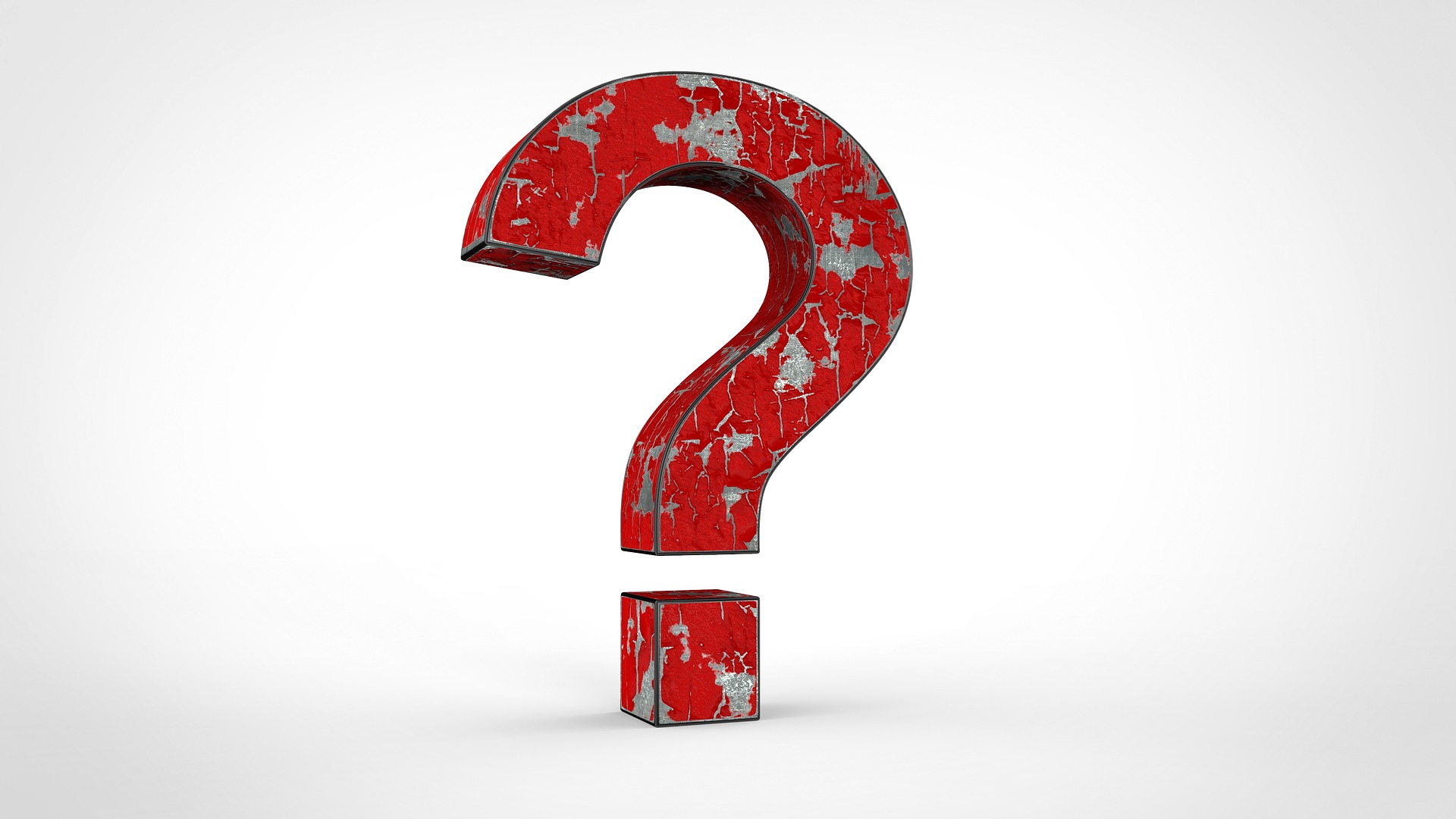
Value will be the future of French industry… yes, but which one?
Last week, the liquidation of the historic household appliances company Brandt, resulting in the dramatic loss of 700 jobs, sent shockwaves through the country. That
Our mission is to help companies to successfully bring technological products or services to market and transform innovative ideas into profitable business within the B2B/B2G high-tech sector.
We aim to share best practices and expertise with business unit directors, innovation managers, technical experts, marketing directors and managers, product managers, product owners, etc.
This blog is a dynamic platform, constantly evolving to become the go-to resource for business and marketing in the technology industry. Articles, podcasts, newsletters, opinions … available in both French and English.
We encourage you ot explore the site and contribute with an article, a comment, a testimonial. The initial articles present a general overview of various subjects. We welcome input from specialists in their respective fields.
We value every voice and believe every contribution matters!

Last week, the liquidation of the historic household appliances company Brandt, resulting in the dramatic loss of 700 jobs, sent shockwaves through the country. That

In the B2C company, the role, importance and scope of a marketing department are well known and in a way almost “standardised” from one consumer company to another.

The definition of “product” is at the heart of both product portfolio management, product plan and product life cycle management. But in technology, what is called a product exists at different levels and it will be necessary to define more precisely what is to be managed from the product/market/competition perspective.

The success of a product in its market depends on the quality of the technical, strategic and marketing decisions associated with it.

The “products” and “offers” proposed by B2B high-tech companies to their public or private customers are very diverse…

We often speak of strategic marketing and operational marketing. The two activities are very different, even though they are often grouped together in the same department.

In any company, sales activity can be carried out in different ways depending on the complexity of the sale and the cost of the sales structure. Some sales methods are particular to the B2B/B2G world.

Because a brand is more than just a logo, building a brand requires asking the right questions and applies to every interaction with its customers.

Multi-business strategy (also called corporate strategy or group strategy to distinguish it from single business strategy) is the strategy of a multi-business company. It essentially consists of deciding to invest or disinvest in each of the activities. It is of course mainly found in large groups, whatever their sector.

Avionics appeared with the electronic and IT era. By its structure, it is intimately linked to geopolitical and international economic developments. But what does it mean to understand and anticipate a market in this type of field?

The strategy of an activity or a single-activity company (also called business strategy to distinguish it from corporate strategy) consists of defining the “course” and objectives of the activity or company. In practice, it consists of integrating a set of “sub-strategies” in a coherent manner and making resource trade-offs between these “sub-strategies”.

Project-based selling or project trading is a particular business modality that is common in B2B/B2G high-tech, but not exclusively.

Because of the key role played by products and offerings in competing in technology markets, product policy is an essential part of a high-tech B2B/B2G company’s strategy,

Business development is often mistakenly confused with business development or business development, perhaps because “selling” is not considered prestigious enough. Yet in technology, business development is a particular activity distinct from both sales and marketing, although it may sometimes be housed in one or the other. So what is business development in technology?

Customer value is fundamentally A BALANCE between benefits and sacrifices for customers, which has an impact either on customer revenue or on customer costs.

Technology markets, even more than others, increasingly obey the “VUCA” rule, i.e. Volatile, Uncertain, Complex, Ambiguous.

In the B2B/B2G high-tech sector, it is vital to innovate and to offer products and services that are, if possible, more advanced or with better performance than those of the competition. However, beyond the innovative aspect, the quality must be irreproachable and this over time.

Marketing strategy is one of the different ‘sub-strategies’ serving the overall strategy of a company or business, just like industrial strategy, HR strategy or sales strategy. The links between these two levels of strategy are close.
Get our most recent articles delivered directly to your inbox.
Contenu protégé